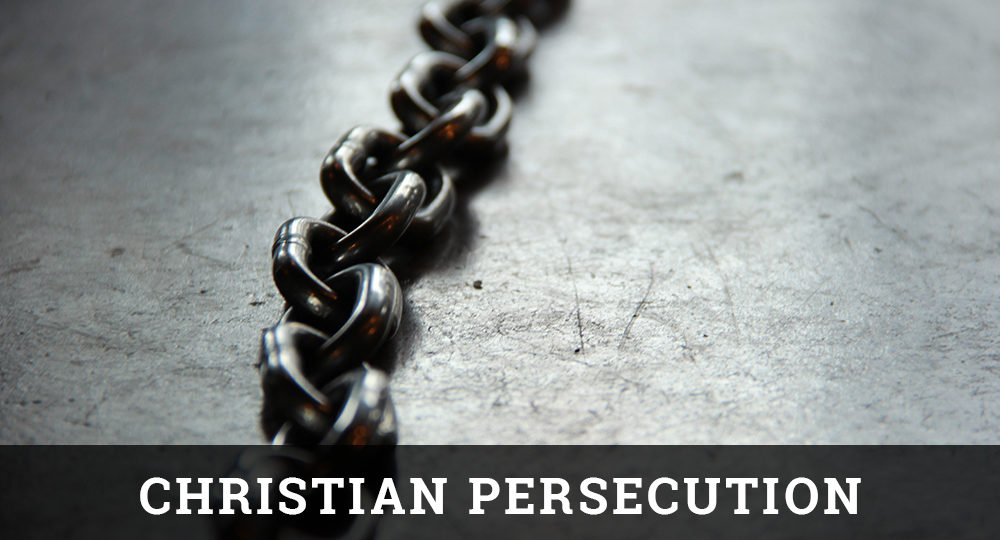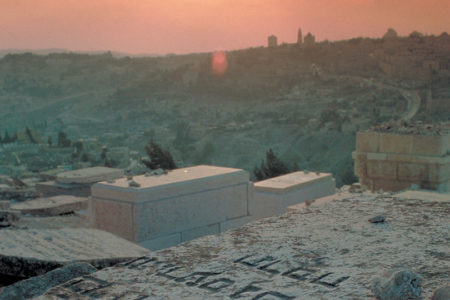They Cry in Silence Mar/Apr 2003
Everything seemed normal for Christian and Missionary Alliance worker Bonnie Witherall as she approached the prenatal clinic in Sidon, Lebanon, last November 21. Bonnie and her husband, Gary, had served in Lebanon for three years. She had been on staff at the clinic for one year. The Sidon clinic provides needed medical care for more than fifty pregnant women and new mothers.
Recently the patient numbers increased as news of the clinic ministry spread in the city of 250,000. Although the church-run clinic has been well received in the community, local Muslim clerics oppose it and the evangelical presence in their midst.
Although things may have seemed normal that day as thirty-one-year-old Bonnie opened the doors of the facility, such was not the case. A gunman awaited her arrival. As she entered, he rushed up behind her, put a pistol to her head, and fired three shots at pointblank range. Missionary Bonnie Witherall was killed instantly.
News of the murder shocked the Arab Christians in the city. More than five hundred attended memorial services in Sidon. Bonnie was buried in Lynden, Washington, on November 29, 2002.
She was the first American reported killed in Lebanon in the past decade. Lebanon, however, has a record of violence toward Americans. During the 1980s more than 270 U.S. citizens were the victims of shootings and suicide bombings. These attacks even struck the American Embassy and the U.S. Marine base in Beirut. And with the rapidly escalating, radical Islamic movement in Lebanon and other Arab countries, what happened to Bonnie Witherall may be a sinister harbinger of what we can expect in the future.
Some will question the wisdom of her being in that area at a time of such volatility. Her husband put that issue to rest at the memorial service held in the clinic where she was killed. He told of Bonnie’s love for Christ and the people of Sidon. Rev. Sami Dagher, president of the Lebanon Christian and Missionary Alliance Church, added these words: “Bonnie died because she loved the people of Sidon.” Speaking of her killer and those who may have assisted him, Dagher said, “May God forgive them.”
The apostle Paul, whom God commissioned to carry Christ’s message to the Gentiles, saw himself as a debtor: “I am debtor,” he wrote, “both to the Greeks and to the barbarians; both to the wise and to the unwise” (Rom. 1:14). This man was empowered by twin passions. First came his love and devotion to Jesus Christ. Second came his compassion for the people he had been called to minister among, who were often extremely hostile. Of his own Jewish brethren, he would say that he had continual sorrow and heaviness of heart for them:
For I could wish that I myself were accursed from Christ for my brethren, my kinsmen according to the flesh (Rom. 9:3).
To many, even firm believers within the evangelical family, such unbridled commitment is simply incomprehensible. The increasingly prevalent attitude seems to incline toward entrenchment; that is, to withdraw from places that endanger the ministers of Christ.
There is another word for this posture; it is surrender—to abandon the field to those who oppose, often violently, what we represent. If this fainthearted attitude wins the day, and it may, the church of Jesus Christ will wither into an accommodating minority bent on appeasing and capitulating to the dark forces fanatically dedicated to our destruction.
Bonnie Witherall’s legacy should inspire and awaken us all. The love for Christ, which sent her to Lebanon, and her love for the benighted and needy people there say all there is to say. Compare her heart’s desire to the apostle’s two thousand years ago. There is not a whit of difference.
Bonnie Witherall fell before three bullets from an assassin’s gun. She rose to be greeted by her Savior and presented with a martyr’s crown for a task well done.
Lately we have been conditioned to recoil at suicide bombers who are brainwashed into dying as shahids (“martyrs”) for the cause of Islamic conquest. Martyrdom in the service of Christ is far different. There is a two-thousand-yearlong line of Christians who have died as martyrs serving humanity, not as bombers slaughtering innocent men, women, and children. And that, my friends, makes an eternal difference.






